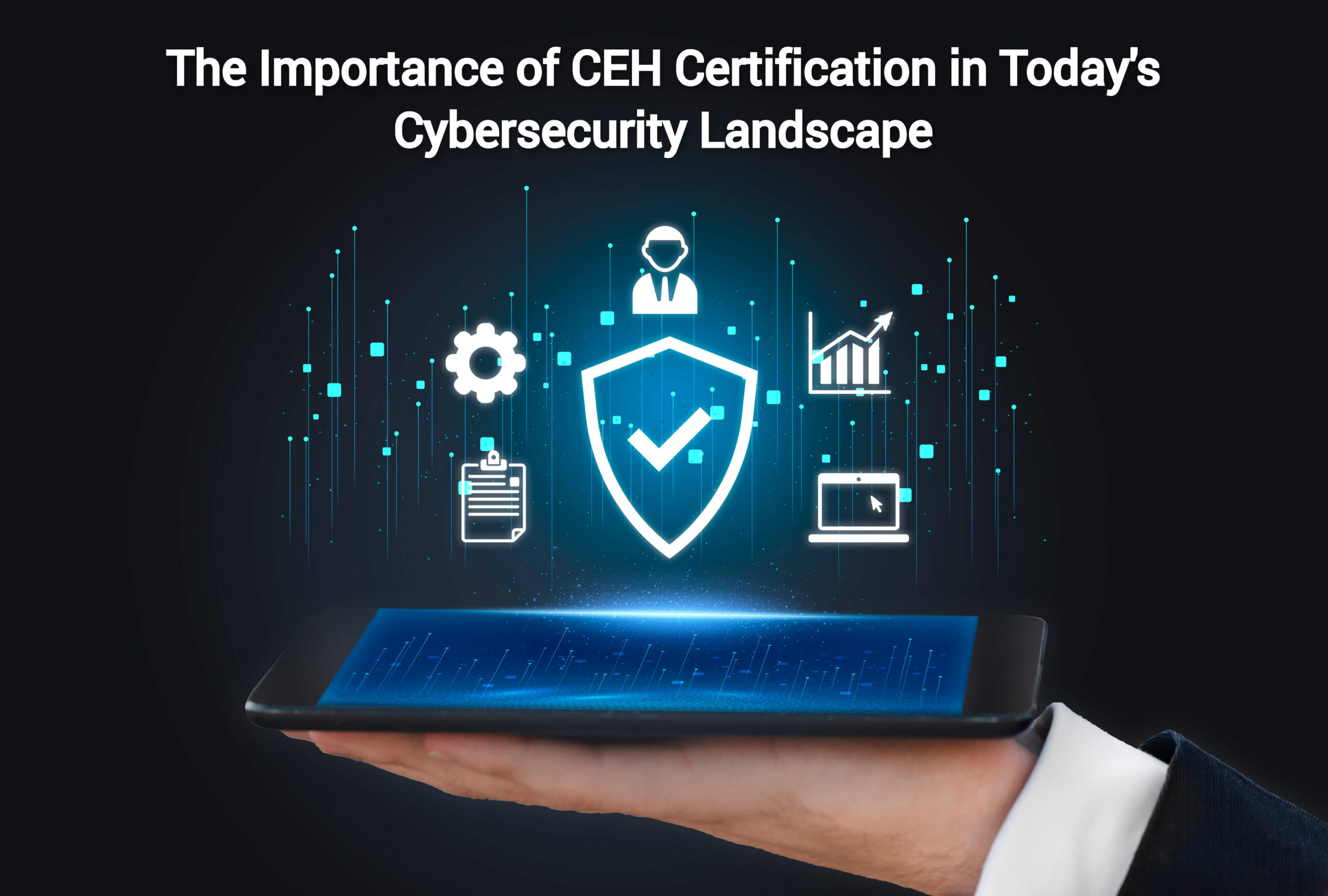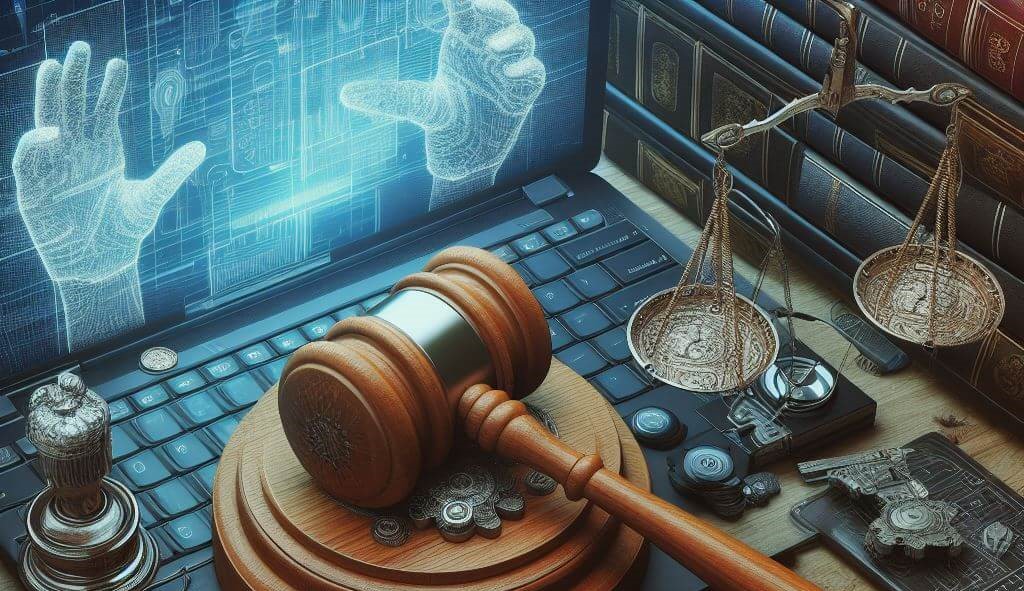Ethical Hacking Ethics
Ethical Hacking Ethics: Navigating the Gray Areas of Security Testing The ethics of hacking can be a complex and contentious issue. On the one hand, hacking can be used for good white hat hackers can help identify system vulnerabilities and improve security. On the other hand, hacking can be used for malicious purposes, causing…
Read morePOSTED BY
Tanuku Lakshmipathi
Top Tools and Techniques Every CEH Should Master
Top Tools and Techniques Every CEH Should Master As a Certified Ethical Hacker (CEH), mastering a variety of tools and techniques is essential for effectively identifying and mitigating security vulnerabilities. Here’s a list of some top tools and techniques every CEH should consider mastering: Nmap: This network scanning tool is essential for discovering hosts…
Read morePOSTED BY
Tanuku Lakshmipathi
Common Misconceptions About Ethical Hacking and the CEH Certification
Common Misconceptions About Ethical Hacking and the CEH Certification In the realm of cybersecurity, ethical hacking, also known as penetration testing or white-hat hacking, plays a vital role in safeguarding digital systems and sensitive information. Despite its noble intentions, ethical hacking is often shrouded in misconceptions and misunderstandings. In this article, we delve into some…
Read morePOSTED BY
Tanuku Lakshmipathi
The Importance of CEH Certification in Today’s Cybersecurity Landscape
Certified Ethical Hacking(CEH) Certified Ethical Hacking (CEH) is one of the most recognized certifications in the field of cybersecurity. It is globally accepted and respected by employers, government agencies, and cybersecurity professionals alike. Holding a CEH certification demonstrates a certain level of expertise and commitment to ethical hacking practices. The CEH certification is designed to…
Read morePOSTED BY
Venkatalakshmi Madapati
Future Trends in Digital Forensics
Future Trends in Digital Forensics Digital forensics is critical in investigating and prosecuting digital crimes and protecting organizations and individuals from cyber threats. Modern digital forensics requires modern tools! In recent years, we have witnessed a shift in digital forensics that could change how we see and use digital tools for the preservation, identification, extraction,…
Read morePOSTED BY
Tanuku Lakshmipathi
Legal Aspects of Digital Forensics
Legal Aspects of Digital Forensics The legal aspects of digital forensics encompass the adherence to laws, regulations, and ethical standards governing the collection, analysis, and presentation of digital evidence in legal proceedings. It involves ensuring compliance with search and seizure laws, maintaining chain of custody, protecting data privacy, and establishing the authenticity and admissibility of…
Read morePOSTED BY
Venkatalakshmi Madapati
Digital Forensics and Data Privacy
Digital Forensics and Data Privacy Digital Forensics: Digital forensics, also known as cyber forensics, is the field of investigation that focuses on collecting, analyzing, and preserving digital evidence from various electronic devices and systems. It aims to uncover information related to cybercrimes, security breaches, or other illicit activities. Digital forensic experts use specialized tools and…
Read morePOSTED BY
Tanuku Lakshmipathi
Incident Response and Digital Forensics
Incident Response Incident response focuses on detecting and responding to security breaches.The goal of incident response is to prevent attacks before they happen and to minimize the cost and business disruption of attack that occur.Incident response efforts are guided by Incident response plans(IRP),which outline how the incident response team should deal with cyber threats. Digital…
Read morePOSTED BY
















